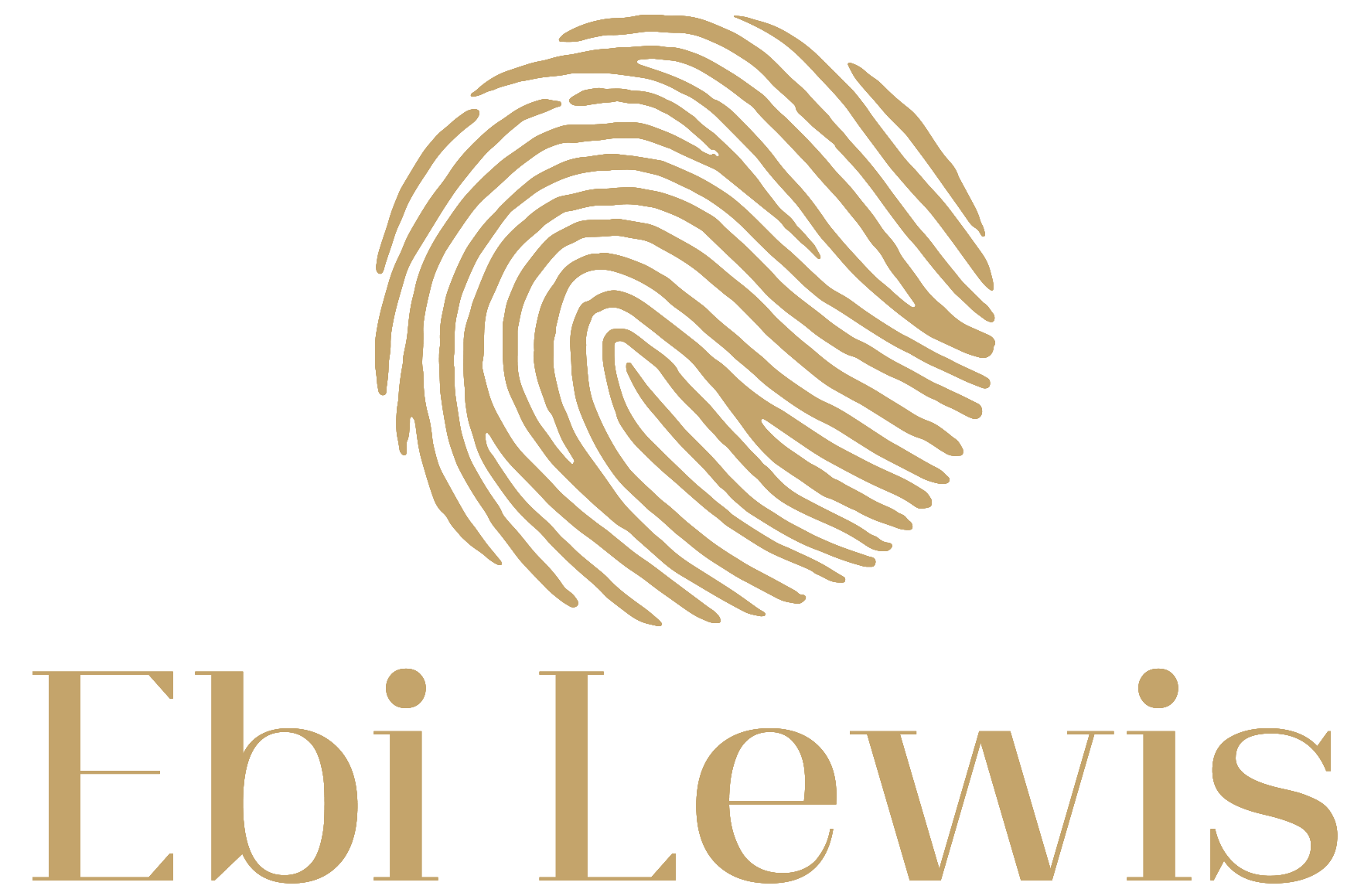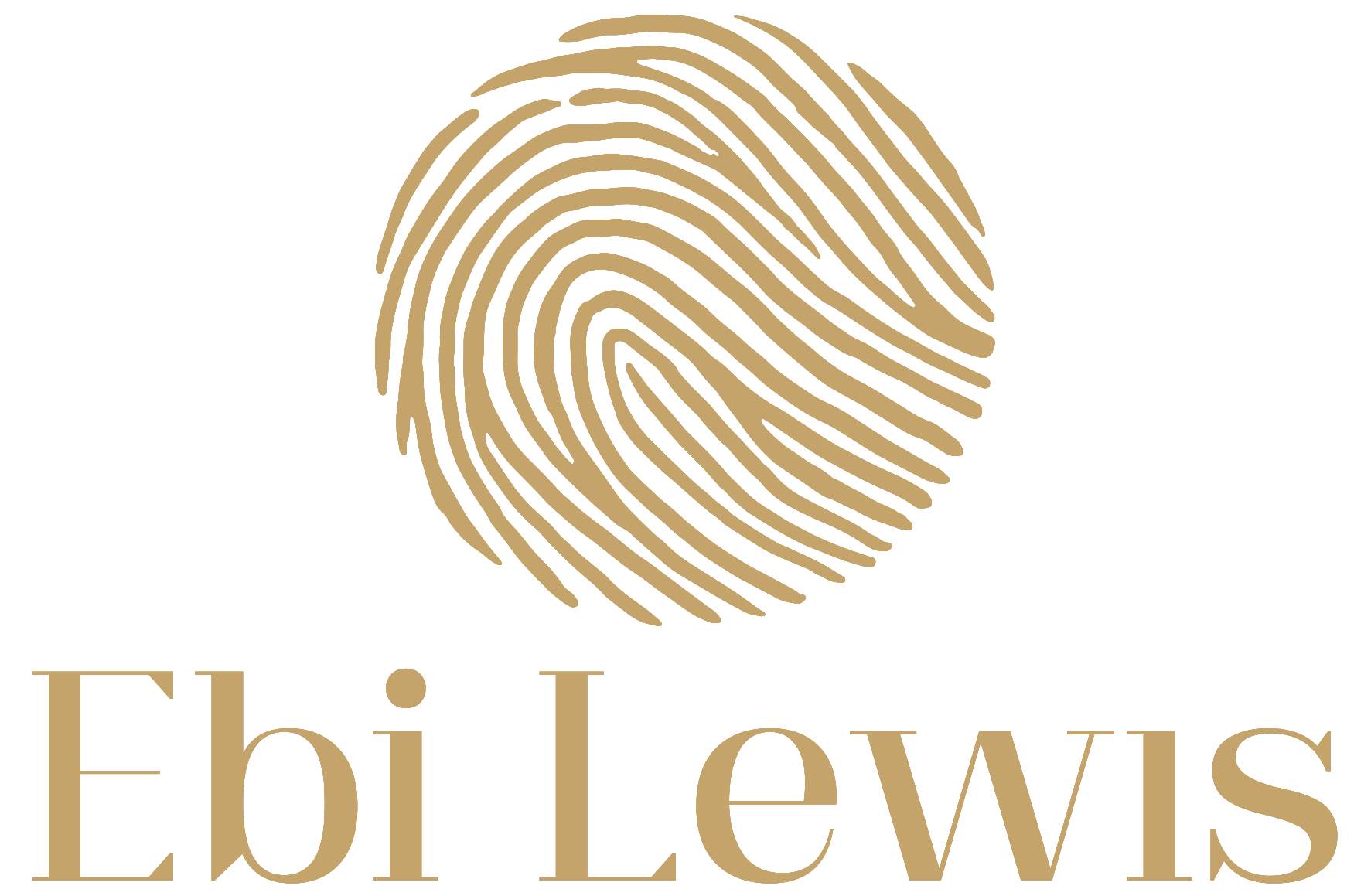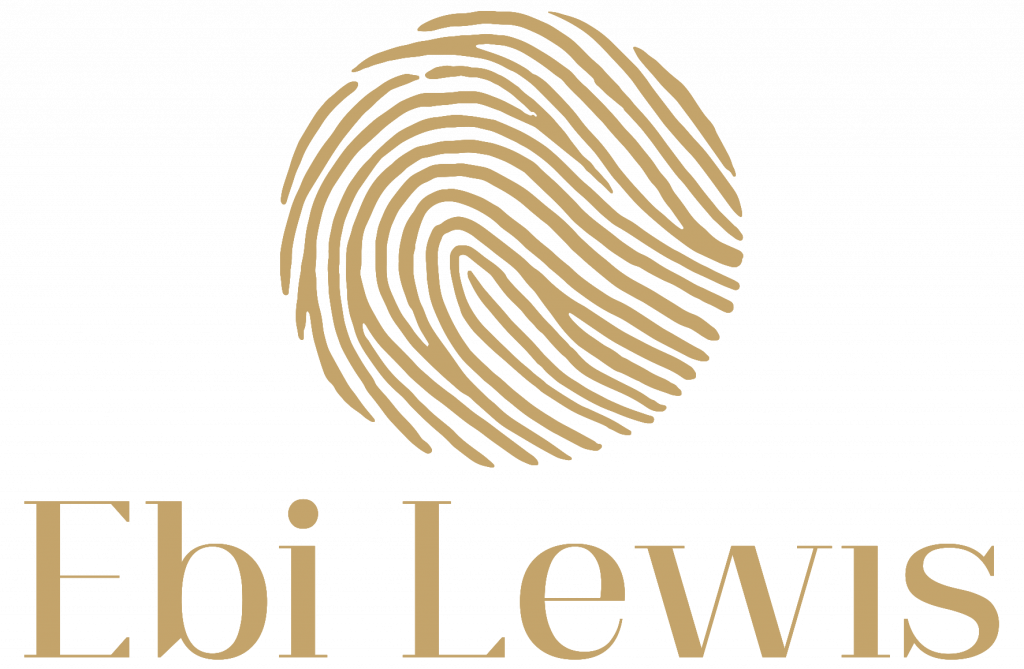I discovered that ‘I’m not enough’, ‘I’m not smart enough,’ ‘I don’t know enough’, all the not enough stories are Coded Brilliance™ in a loop.
What Not Enough Syndrome® actually is:
Not Enough Syndrome® expresses at two levels.
At the individual level: Self-doubt, confidence issues, feeling like an imposter, needing validation, or getting caught in perfectionism and procrastination.
At the organisational level: Leaders second-guessing decisions, teams waiting for permission.Innovation slows because ideas are refined to death before they’re tested. Decisions get delayed not from lack of authority, but from fear of getting it wrong. People stop offering half-formed thinking because they’ve learned it’s safer to wait.
Not Enough Syndrome is a universal experience that exists in our collective consciousness. We all experience Not Enough Syndrome in one form or another, as individuals and within organisational systems.
It’s a survival intelligence with coded brilliance that reveals itself through the stories we live out when we feel inadequate.
The Work
To help see it in plain sight, I named its patterns Not Enough Archetypes® at the individual level and Narrative Architecture™ at the organisational level.
For individuals, this work leads to becoming Unstoried® – decode the archetype, unstory the narrative and harness the Coded Brilliance™.
For organisations, this work builds Narrative Intelligence™ – the capacity to recognise and redirect the narrative architecture shaping leadership behaviour, culture, and performance.
My Story: Where it All Began
For much of my life, I moved through the world with a feeling and a belief that I didn’t really have the words to describe until much later:
‘I am not enough.’
That story began when I was four. My mother told me we were going on a special trip to visit her sister. We traveled from Lagos, Nigeria to Warri, about seven hours by car. A few days after we arrived, my mother told me she was going to the shop. She never returned.
For days, I sat at the bottom of the stairs or stood at the end of the walkway, looking down the street to see if I could see her coming back. She never did. I later learned she had left me with her sister to care for me.
That was the moment ‘not enough’ was activated. I went from being a carefree, happy child to feeling fundamentally not good enough.
Learning to Survive
What followed were years of living with relatives, feeling like an inconvenience and being treated as less relevant or important. The treatment I received reinforced the belief in my subconscious: I am inadequate. Societal conditioning and discrimination as a Black woman in London only deepened these beliefs.
My response was to prove myself again and again.
I bought into the concept of not being ‘good enough’ and lived from that constrained consciousness. I behaved in ways to help me fit in, be accepted, be loved and belong.
The Outside vs Inside
By my 30s, I had learned how to survive and even thrive on the surface. I built a successful bespoke dressmaking business, creating wedding gowns and evening wear for women who loved my work. Later, I worked globally in high-level consulting, advising senior leaders and shaping national strategies, often invited by top decision-makers themselves. On paper, I had ‘made it.’ Behind the scenes, I never felt good enough.
Externally, I appeared to be doing great. Internally, I was drowning.
Despite my success, I was exhausted from the constant mental chatter thinking “I’m not smart enough for this job.” “Can I really ask for this much money.” ‘When will they figure out I don’t belong here?’ The insecurity, self-doubt, and fear became a relentless and exhausting norm.
The scarcity, struggle, stress, and fear became constant companions. Eventually, my nervous system couldn’t take it anymore.
The Breaking Point
I was diagnosed with autoimmune conditions and other health issues. Depression and anxiety became my reality. As diagnosis after diagnosis came, I felt powerless.
I was so tired of pretending I had it all together while falling apart inside. My body was saying what my mind couldn’t: ‘No more.’
If you’re reading this and thinking ‘That sounds exactly like me.’ Exhausted from proving yourself, successful on paper but struggling inside, you’re not alone. This is ‘Not Enough’ Syndrome™ in action.
The Moment Everything Changed
Eventually, I sought help. What started as a search for physical healing through nutritional therapy became a much deeper quest. I pursued formal education and became certified as a nutritional therapist, cognitive behavioural therapist, and Ayurveda practitioner.
But the real healing didn’t happen in textbooks. It happened in moments of clarity.
One of those moments came during a solo 12-mile walk through the English countryside. Alone with the earth beneath me and no distractions, I asked myself:
What if I could start my life over, without fear, without any impediments, and without the pain and disappointments of life but feel and see life through the purity of mind and lens of a new born baby, how would I live? What would I do? Who would I be?
Tears came streaming down my face.
And in that moment I felt a shift. I saw myself as whole. I felt complete. Nothing was missing.
That was my first glimpse of what it meant to become Unstoried from the narrative that had defined me for decades. I took that experience with me and vowed, with every step back to the hotel, to show up for myself differently from that moment on.
Unstoried
The biggest breakthrough in my journey beyond Not Enough Syndrome® is realising that you can’t be free from a story if you’re still in it. When I stepped out of the story of being abandoned as a child I became free of that narrative. I stepped completely out of its loop. Liberated.
As I worked with others, I saw the same repeating loops everywhere, in founders, leaders, parents, creatives and people who looked confident on the outside but were quietly wrestling with the same undercurrent of Not Enough.
That’s when I began mapping what I now call Not Enough Syndrome®, the coded system beneath self-doubt, perfectionism, overthinking and imposter feelings.
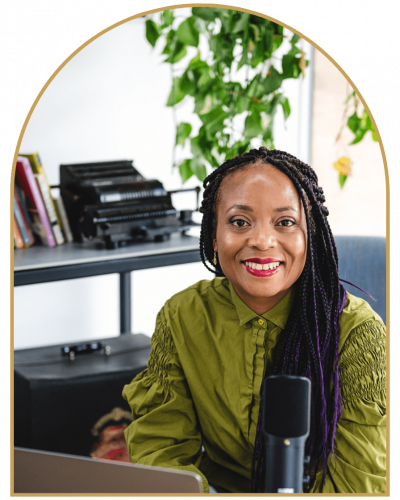
Naming the Patterns
Through lived experience, client work, and research, I identified the Not Enough Archetypes®. These are the recurring patterns that show how Not Enough expresses itself in our lives.
Each archetype carries both a shadow and a gift. To bring this understanding into practice, I created the Coded Stories Method®, a process that helps people decode these patterns, unstory the narratives that constrain them, and reconnect to their original intelligence.
Today, my work brings together everything I’ve lived, learned, and created.
Through my proprietary frameworks, including Coded Stories Method® I work with:
- For individuals: Decoding Not Enough Archetypes® and becoming Unstoried®.
- For organisations: Building Narrative Intelligence™ at the leadership level and realigning narrative architecture across the system.
Because Not Enough Syndrome is not a flaw. It’s an intelligent source of power – at the individual level and the organisational level.
A Brief Bio
Ebi Lewis is the Not Enough Syndrome® Specialist and creator of the Coded Stories Method®. Her understanding of ‘not enough’ goes beyond theory. It’s lived, tested and embodied. Having navigated and transcended the same stories herself, her work integrates lived experience with decades of practice and deep applied insight.
Through the Coded Stories Method®, Ebi works with individuals and organisations to identify the deeper architecture of their narratives.
For individuals: Revealing the intelligence beneath self-doubt, overthinking, and perfectionism, and guiding them to become Unstoried® – free from the loops that constrain potential.
For organisations: Building Narrative Intelligence™ at the leadership level, decoding the narrative architecture shaping culture and performance, and creating leaders-first transformation that cascades through the system.
Her work is not about fixing or improving. It’s about recognising the brilliance encoded within every Not Enough story – whether in individual lives or organisational systems and learning to anchor into its gift instead of its shadow to restore clarity and flow.
Ebi holds certifications in mindset, performance and life coaching, as well as cognitive behavioural therapy and nutritional therapy. She was also part of a founding team that scaled a startup to successful exit, giving her firsthand insight into the entrepreneurial mindset, organisational dynamics, and the complex intersection of confidence, leadership, and vision.
With over 20 years’ experience mentoring and advising across industries, Ebi brings a uniquely integrative approach that bridges psychology, narrative, and human potential – at the individual and organisational level.
Outside of her work, Ebi enjoys long-distance running, yoga, gardening, travelling, reading and quiet walks in nature.
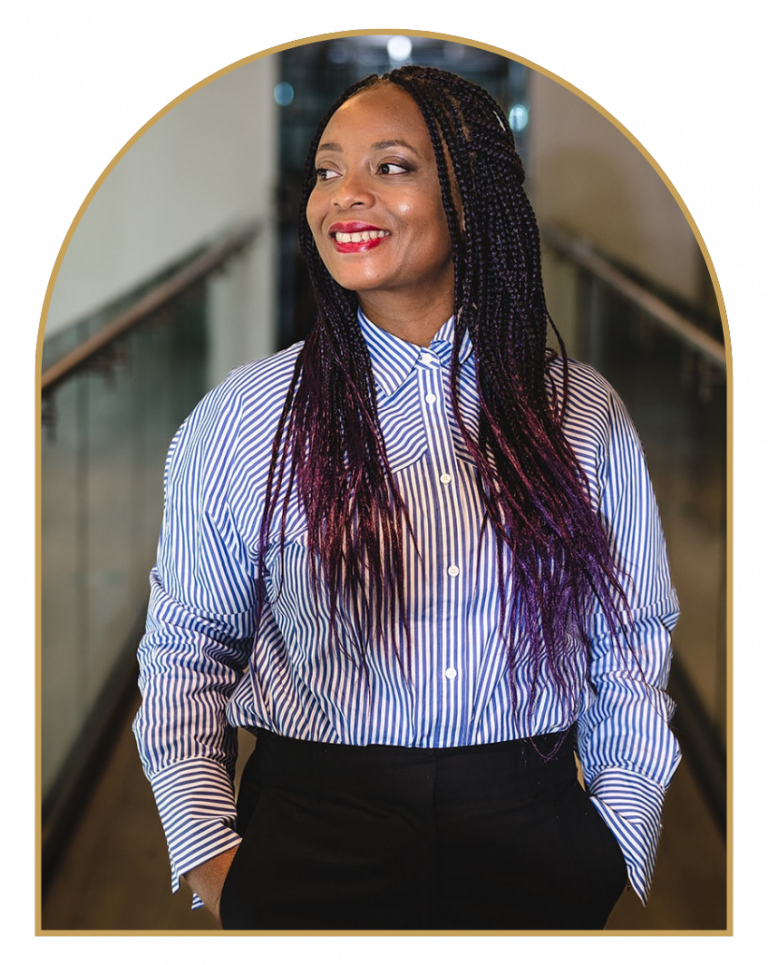
Next Step
For individuals
Discover which Not Enough Archetype® codes your brilliance. Your result will reveal how it shows up, its shadow and gifts, and how to harness its brilliance.
Commission a Narrative Audit
Commission a Narrative Audit to decode the Narrative Architecture™ shaping your leadership and culture.
